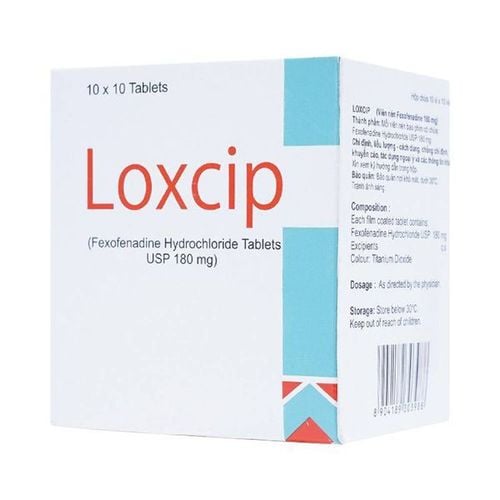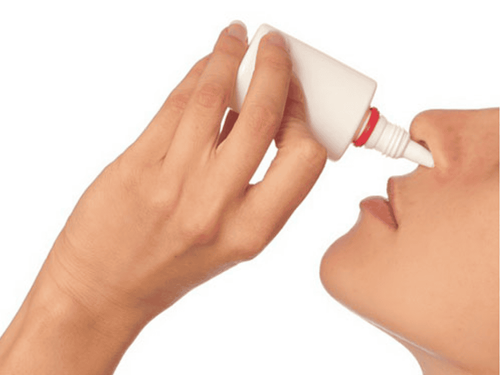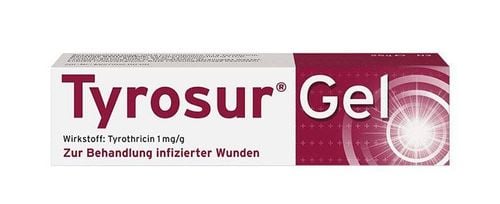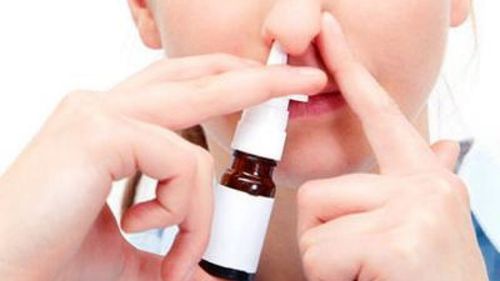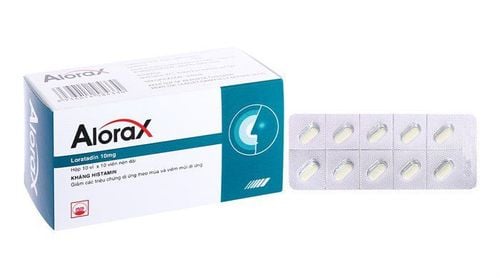This is an automatically translated article.
Oralegic is used for the symptomatic relief of seasonal allergic rhinitis and chronic idiopathic urticaria. Oralegic has the main ingredient Fexofenadin HCl, packaged in ampoules. Each ampoule of Oralegic 5ml contains Fexofenadine HCl 6mg. In addition, Oralegic 10ml ampoules are also available.1. Uses of Oralegic
Oralegic belongs to the group of anti-allergic drugs, with the main ingredient being Fexofenadin HCl 6 mg (in 1 ampoule of 5ml). Fexofenadine is an H1 antihistamine, which relies on bronchoconstriction to combat allergic reactions.Oralegic drug is prepared in the form of an oral solution, packaged in ampoules of 5 or 10 ml. Oralegic ampoules are used in children over 2 years of age and adults to relieve symptoms of the following two types of allergies:
Seasonal allergic rhinitis with manifestations of nasal congestion, itchy nose, constant sneezing, watery nose, ... Chronic idiopathic urticaria with manifestations such as urticaria (nodular form or scattered clusters), itching. These symptoms usually last for more than 6 weeks.
2. How to use and dose Oralegic
Oralegic drug is taken orally, taking 1 ampoule whole on an empty stomach or full. Oralegic dosage to relieve symptoms of allergic rhinitis is recommended for each subject as follows:
Children 2-11 years old: 5ml/time, 2 times/day. Children with renal failure use the initial dose is 5ml / time / day. Children over 12 years old and adults: 10ml/time, 2 times/day. People with renal failure use the initial dose is 10ml / time / day. Dosage of Oralegic drug to relieve symptoms of chronic idiopathic urticaria is recommended for each subject as follows:
Children 6 months - 2 years old: 2.5 ml/time, 2 times/day. Children with renal failure use the initial dose of 2.5ml / time / day. Children 2-11 years old: 5ml/time, 2 times/day. Children with renal failure use the initial dose is 5ml / time / day. Children over 12 years old and adults: 10ml/time, 2 times/day. People with renal failure use the initial dose is 10ml / time / day. For patients with hepatic impairment, the elderly do not need to adjust the dose of Oralegic. Dosage adjustment should be made only in elderly patients with renal impairment.
Oralegic overdosage can cause dry mouth, dizziness, drowsiness. At that time, the patient should be treated with measures to remove the unabsorbed part of the drug, at the same time treat the symptoms and improve the condition. Oralegic poisoning does not have an antidote and dialysis does not significantly reduce blood levels of the drug.
3. Oralegic side effects
Oralegic can cause some unwanted side effects with the following frequency:
Common: Nausea, drowsiness, dizziness, headache. Uncommon: Fatigue. Frequency unknown: Drug hypersensitivity reactions such as anaphylaxis, dyspnea, angioedema; stress, sleep disorders; palpitations, heart palpitations; diarrhea; urticaria, rash, pruritus. If after taking Oralegic and have any side effects, you should contact a specialist immediately for advice and instructions on proper management.
4. Some notes when taking Oralegic drugs
Do not use Oralegic with people with hypersensitivity or history of hypersensitivity to the ingredients of the drug. People with liver failure, kidney failure, the elderly need to be careful when using the drug. If you are taking Oralegic, do not arbitrarily use other H1 antihistamines. Physicians should inform patients with cardiovascular disease about cardiovascular-related side effects when taking Oralegic ampoules. Women who are pregnant or nursing need to be cautious when using the drug, only when the benefit of the drug outweighs the extent of the effect on the fetus. Limit the activities of driving, operating machinery when taking Oralegic because the drug causes drowsiness, dizziness, headache, fatigue. Oralegic, if used with Erythromycin or Ketoconazole, can increase plasma concentrations of Fexofenadine 2-3 times. Therefore, in order to avoid drug interactions, it is necessary to inform the doctor/pharmacist of all medications you are taking, including prescription and non-prescription drugs, herbs, and dietary supplements. The use of Oralegic is to relieve the symptoms of seasonal allergic rhinitis and chronic idiopathic urticaria with manifestations such as nasal congestion, itchy nose, sneezing, runny nose, urticaria, itching, . .. Knowing the use of drugs helps the treatment process to be better.
Please dial HOTLINE for more information or register for an appointment HERE. Download MyVinmec app to make appointments faster and to manage your bookings easily.




